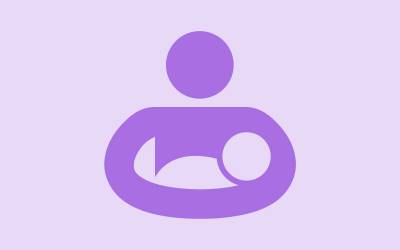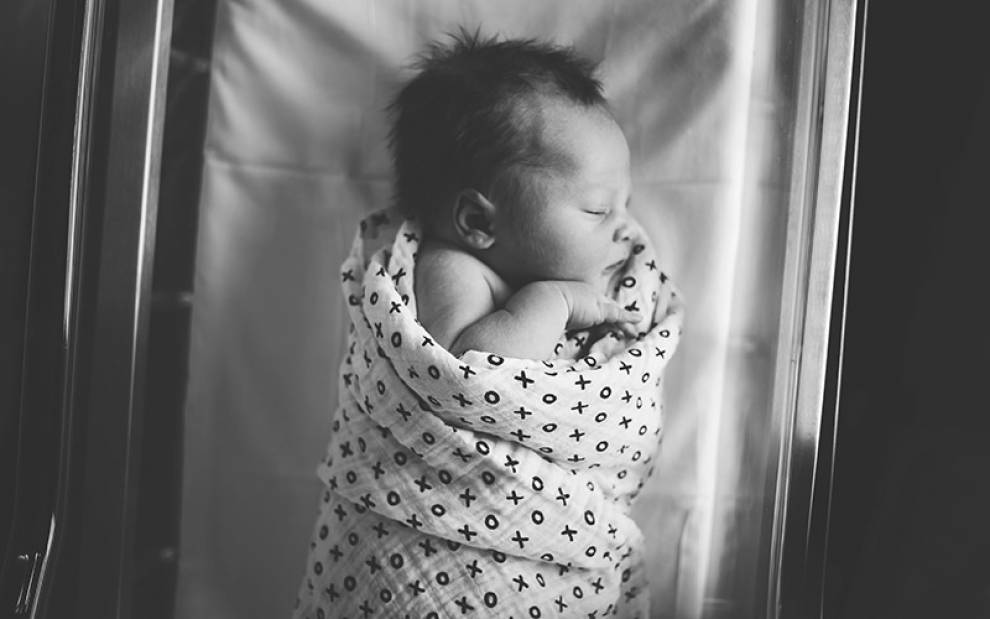These research projects explore consent and shared decision-making in neonatal care.

Baby-led care in Mexican neonatal units
What was this project about?
This PhD study was about how healthcare staff and parents may work together to care for babies in the neonatal intensive care unit (where very sick newborn babies are cared for), respecting babies’ individual needs. The project ran from 2012 to 2016.
The project is funded by The Mexican Ministry of Science and Technology (CONACyT).
Who was in this project?
29 parents with their newborn babies and 111 healthcare professionals from two Mexican hospitals.
- Why was the research done?
Healthcare professionals around the world recognise that parents are the best carers even when the baby is very sick in hospital, but in many baby units parents are still not allowed to care for their babies.
- What did we find?
- The idea that parents are dangerous and might bring infection into the baby unit is based on tradition, not on evidence.
- Excluding parents from the baby unit increments health inequalities, because it prevents implementing basic programmes such as breastfeeding and kangaroo care.
- It is imperative to develop context-appropriate educational material and practice guidelines to implement basic programmes such as hand-hygiene (for healthcare staff and parents), kangaroo care and breastfeeding.
- Team
Researcher
Supervisor
- Professor Priscilla Alderson
- Outputs
- Mendizabal‐Espinosa, R. M. and Warren, I. (2019). Non evidence‐based beliefs increase inequalities in the provision of infant and family centred neonatal care. Acta Paediatrica
- Mendizabal-Espinosa, R.M. (2017). A critical realist study of neonatal intensive care in Mexico. Doctoral thesis, UCL (University College London)

Foretelling Futures: dilemmas in neonatal neurology
What was this project about?
This project researched how parents and staff share information and decisions in four English neonatal units. This project took place from 2002 to 2004.
The project is funded by Wellcome Trust Bioethics.
Who was in this project?
Healthcare staff, parents and babies in four neonatal units.
- Why was the research done?
Good relations between parents and staff in neonatal units are important, and there are high financial and emotional costs if they disagree (as in the 2017 Charlie Gard case in London).
However, there are few observational studies and detailed interviews about how the adults actually work together. There are also few social studies on new insights in psychological research about how alert, aware and communicative premature babies can be, and potentially how they can influence adults practical care-giving and decisions.
- What did we find?
- Standards of compassionate care varied widely between the four neonatal units.
- Parents tend to want to contribute more to the care-giving and decision-making than they are usually encouraged to do.
- Neonatal staff urgently need to learn more about the informed, compassionate care of premature and ill babies to promote their health and wellbeing (such as NIDCAP).
- Outputs
- Alderson, P., Killen, M and Hawthorne, J. (2005). The participation rights of premature babies. International Journal of Childrens Rights 13: 31-50
- Alderson, P., Hawthorne, J. and Killen M. (2005). Are premature babies citizens with rights? Provision rights and the edges of citizenship. Journal of Social Science (India) 9: 80-90
- Alderson, P. (2006). Parents' consent to neonatal decisions about feeding and discharge. Journal of Neonatal Nursing 12(1): 6-13
- Alderson, P. (2006). Parents' experience of sharing neonatal information and decisions. Social Science and Medicine 62: 1319-1329
 Close
Close





